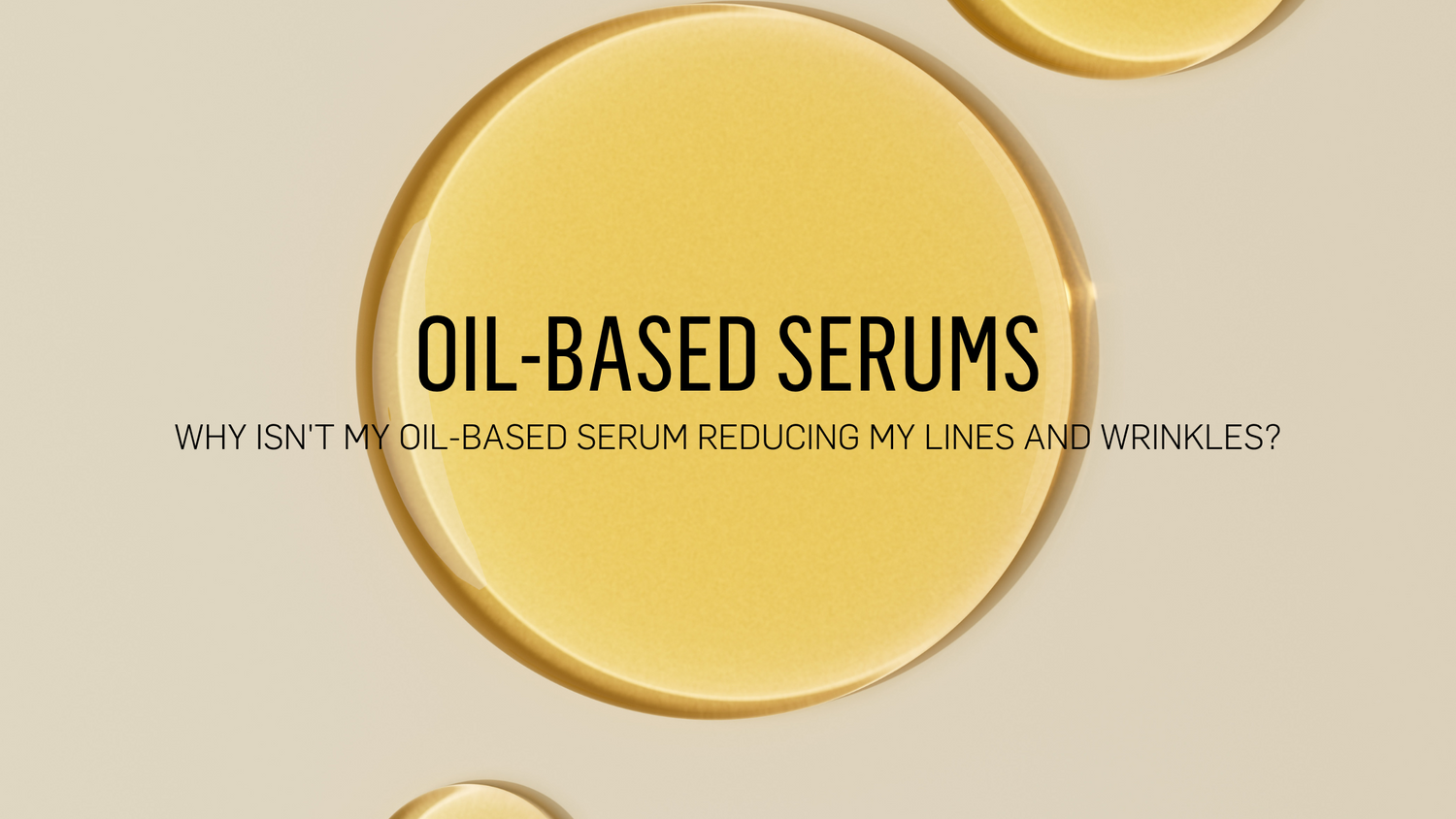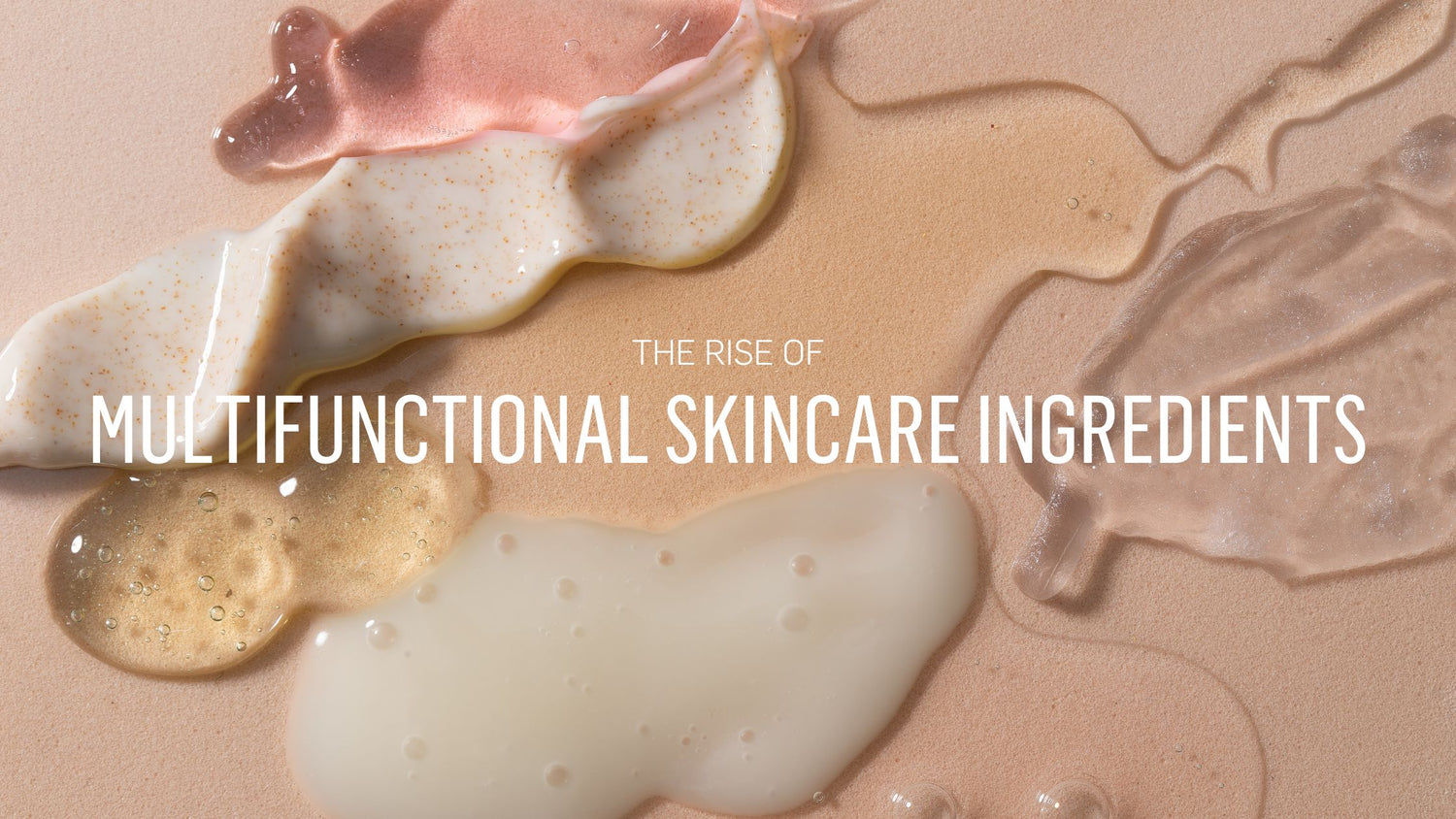There are two overarching categories of fragrance: synthetic and natural.
Synthetic, or artificial, fragrances are often used in skincare and beauty products to add a pleasant scent and to mask the smell of an ingredient that might deter you from using said skincare product.
However, these synthetic fragrances might be doing more harm than they are good.
How Synthetic Fragrances Might Be Effecting You
First, many artificial fragrances are made up of a complex mixture of chemicals, which can be difficult to identify and test for safety. These chemicals can cause allergic reactions in some people, leading to symptoms such as redness, itching, and irritation.
Additionally, some of the ingredients used in artificial fragrances, such as phthalates, can disrupt the endocrine system and have been linked to various health issues, including cancer, reproductive and developmental problems.
Finally, fragrances can be especially problematic for people with sensitive skin or conditions like eczema, as they can further irritate the skin and exacerbate symptoms.
What To Look For On Ingredient Panels
It is important to read ingredient list of products, and to avoid the ones which contains synthetic fragrance or Parfum. If you have sensitive skin, you may want to avoid products that contain artificial fragrances altogether and opt for products that are labeled as "fragrance-free" or that use essential oils to provide a natural scent.
When looking for artificial fragrances on an ingredient panel, you should look for the term "fragrance" or "parfum" as this can indicate the presence of a synthetic fragrance in the product.
Another terms that can indicate presence of synthetic fragrance is:
- "parfum"
- "aroma"
- "perfume"
- "flavor"
Also, be aware that fragrance ingredients do not have to be listed individually, if a company use multiple synthetic fragrance ingredients, it is legal for them to list it as just "Fragrance"
Be aware that some synthetic fragrance ingredients can have multiple names, so even if you don't see the word "fragrance" on the ingredient list, it's still possible that synthetic fragrances are present.
The Kalaia Promise
-
Moisturizing: Essential oils, such as coconut oil, jojoba oil, and avocado oil, can help to hydrate and nourish the skin, leaving it feeling soft and smooth.
-
Anti-aging: Essential oils such as rosehip oil, frankincense and myrrh oil can help to reduce the appearance of fine lines and wrinkles by stimulating collagen production.
-
Brightening: Essential oils such as lemon and grapefruit can help to lighten dark spots, age spots and improve skin tone
-
Acne-fighting: Essential oils such as tea tree oil, lavender oil, and peppermint oil can help to reduce the appearance of blemishes and acne by controlling the overproduction of sebum and fighting off bacteria that can cause acne.
-
Anti-inflammatory: Essential oils such as chamomile and calendula can help to soothe irritated skin, reducing redness and inflammation.
It's these benefits, along with reducing the appearance of fine lines and wrinkles that has us reaching for natural products instead of ones made with synthetic fragrances.
What's Best For You
As humans, we all have individual and unique skin, so there is no one-size-fits-all when it comes to what ingredients do and don’t work for us.
But there are some great non negotiables that you should start with when it comes to your skincare:
- Any product meant for the face, neck, or eye area should be as added-fragrance free as possible. Neck and eye skin is thinner and can be more vulnerable to fragrances.
- There are key ingredients that have been identified by the scientific bodies of the European Union as the most common fragrance ingredients that have the potential to cause skin irritation, sensitivity, or other related problems. Ingredients including benzyl alcohol, benzyl salicylate, and cinnamyl alcohol are among the most frequently reported consumer allergens.









